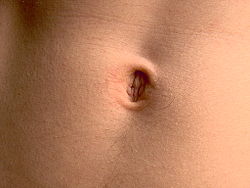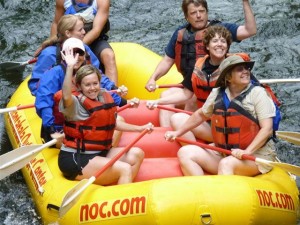Actually, the opportunity to work with a mentor in a field I was once part of and still avidly follow was the overriding impetus for my pursuing the Kenan Fellowship program. I realize that my personal experience in research was growing sort of long in the tooth and this was an exciting opportunity to re-experience the lab environment and bring fresh perspectives to my classroom instruction.
The reality of the experience was, alas, a bit disappointing. Not that we didn’t have some cool stuff to do while in the lab, but that I don’t think the host lab quite knew what to do with us. And since there ere multiple fellows crowding the lab it became a bit like feeling underfoot. I was able to leverage our experience into a visit with another lab that is run by a friend of mine, but the day-to-day was more limited than I had anticipated.
I think the best scenario for developing the lab/teacher relationship is a one lab/one teacher pairing. I imagine the same sort of success was seen by the majority of fellows whose relationship was more one-on-one. I know it takes a special type of patience and zeal to invite a teacher into your workplace or business or lab, and if I were on the other side I now know what and how I would plan to make the most of the relationship. But I remain on the classroom side of the equation. I have imbedded several of the curriculum ideas I had into my teaching, with some positive results – I can say that my perspective on the bacterial kingdom has really altered my approach to that part of the curriculum. Biodiversity, anyone?

